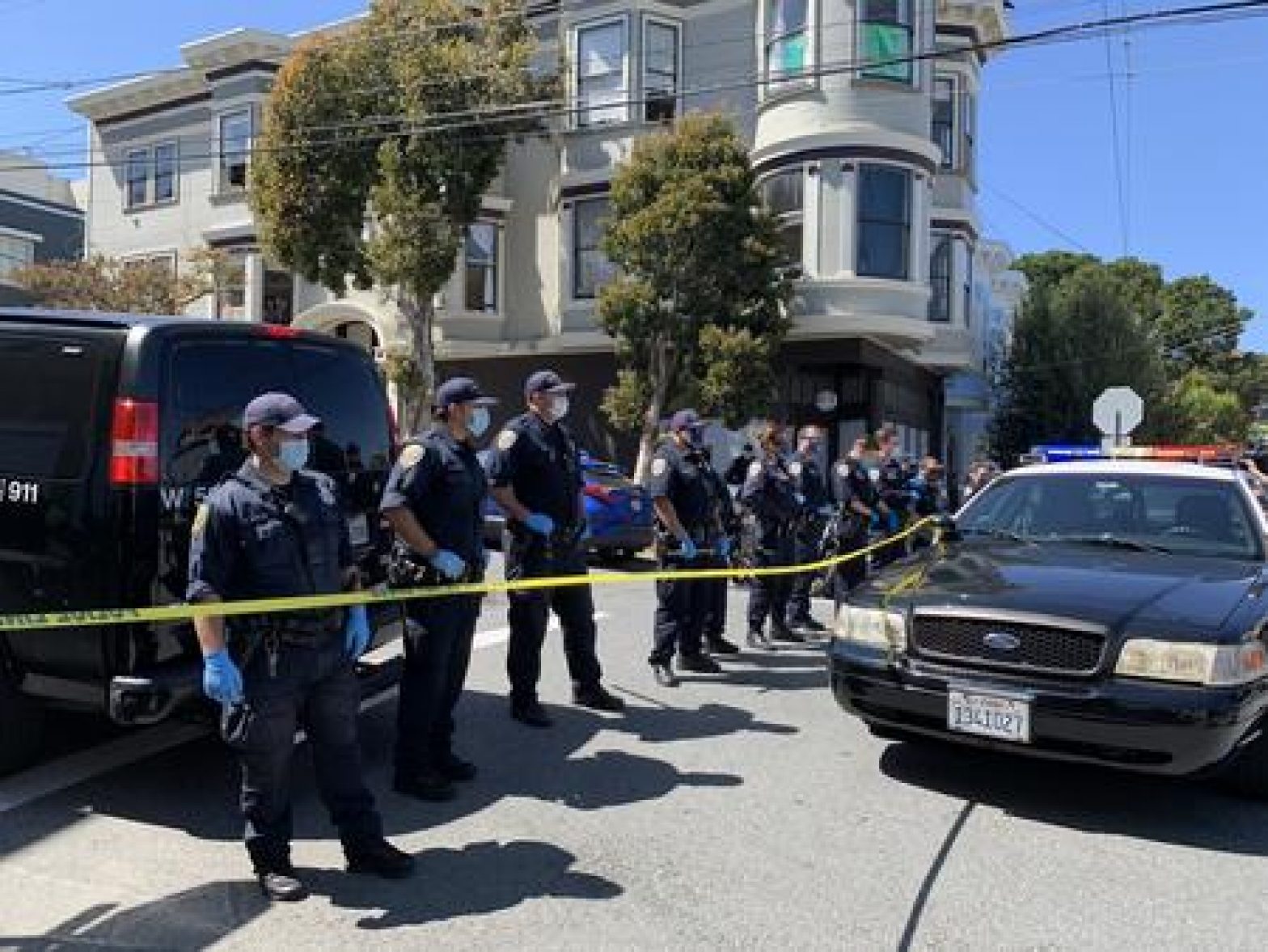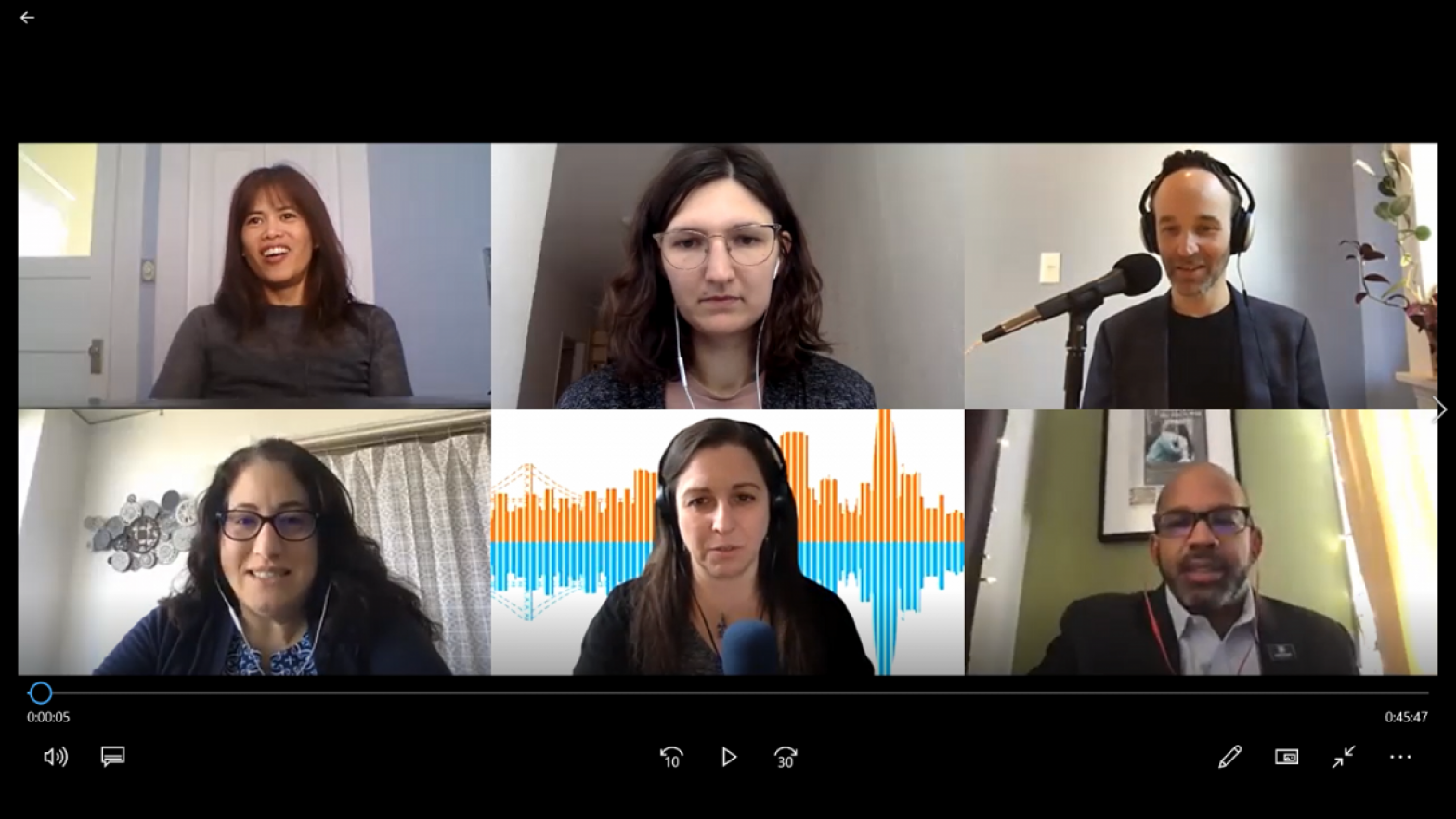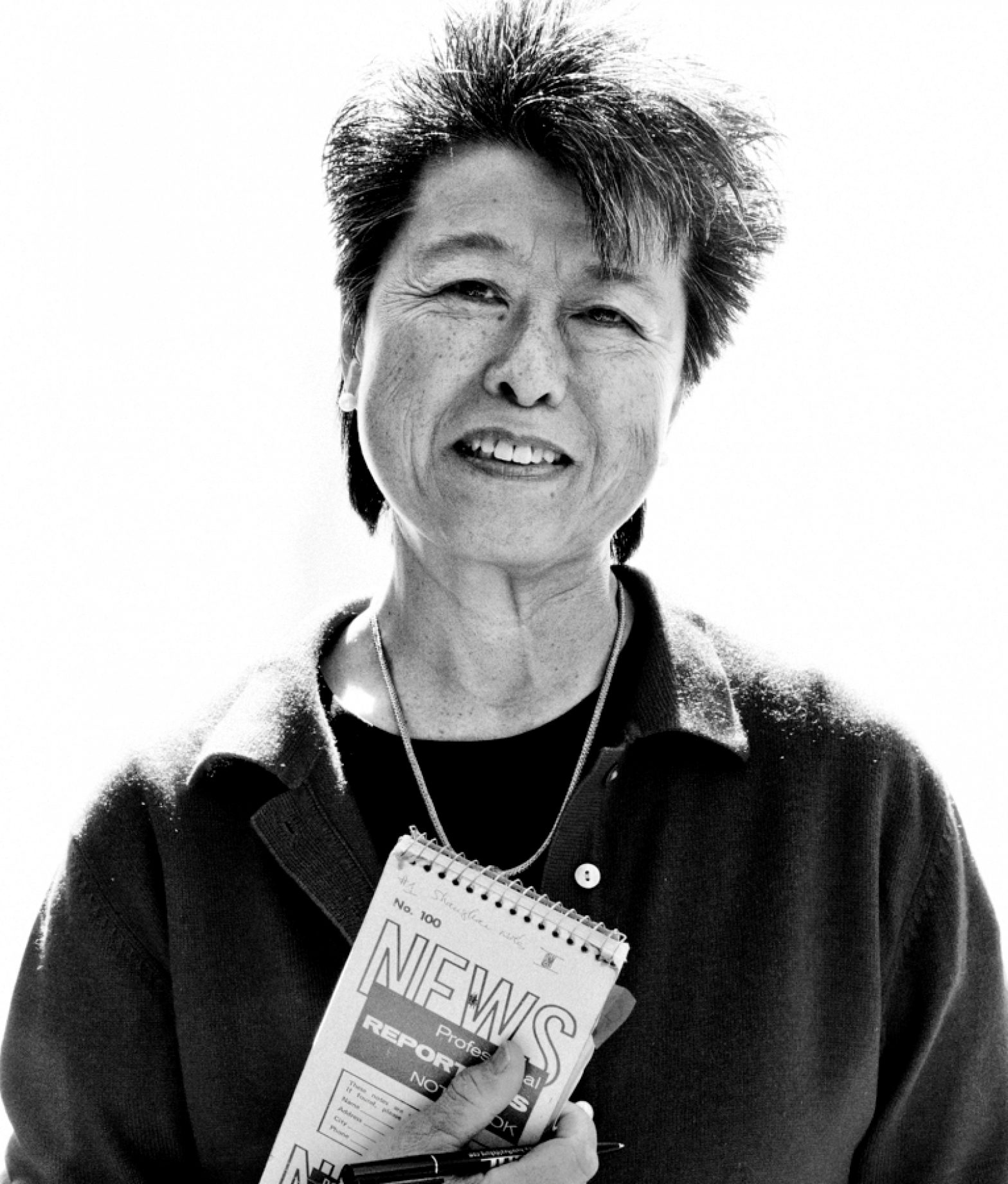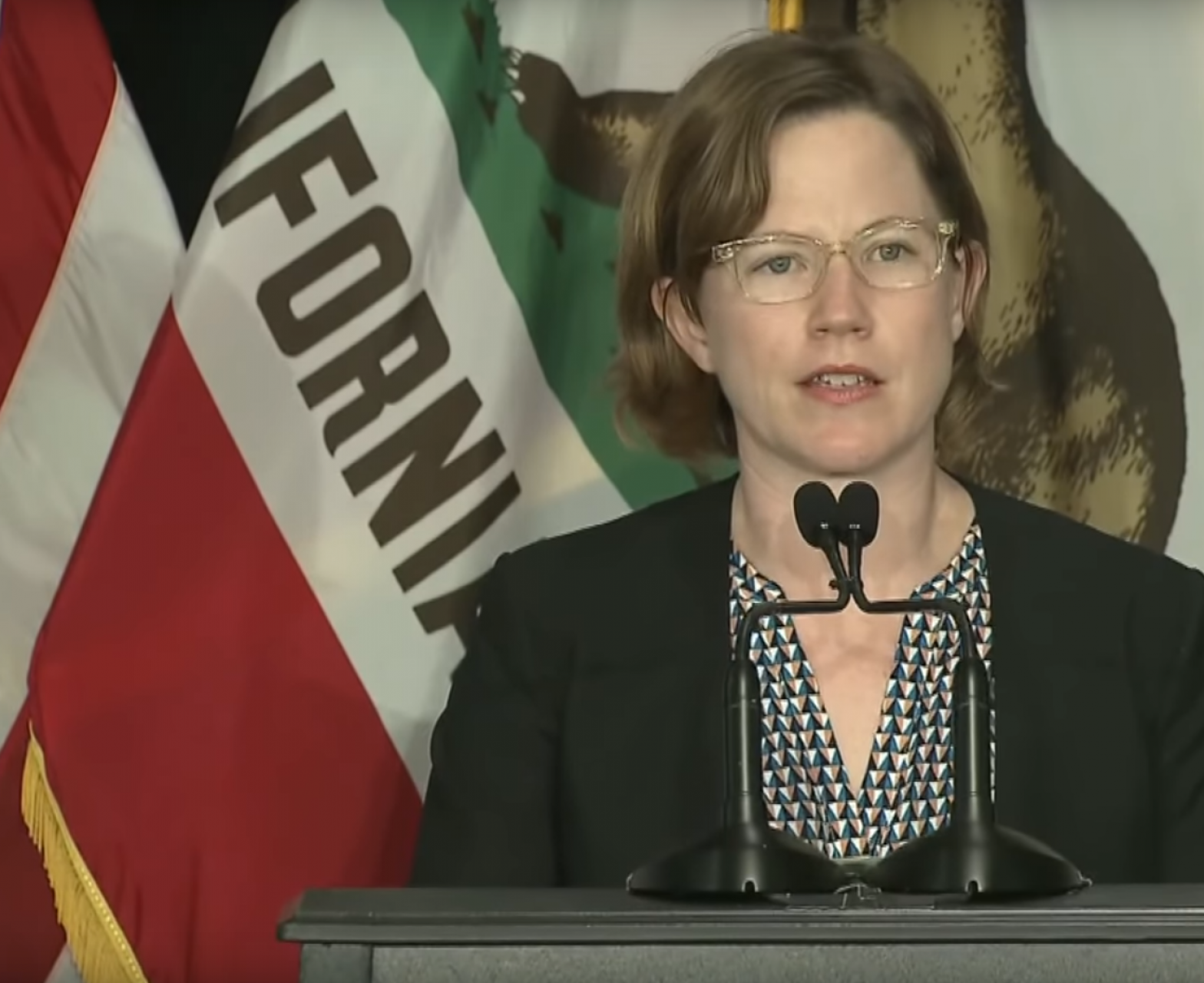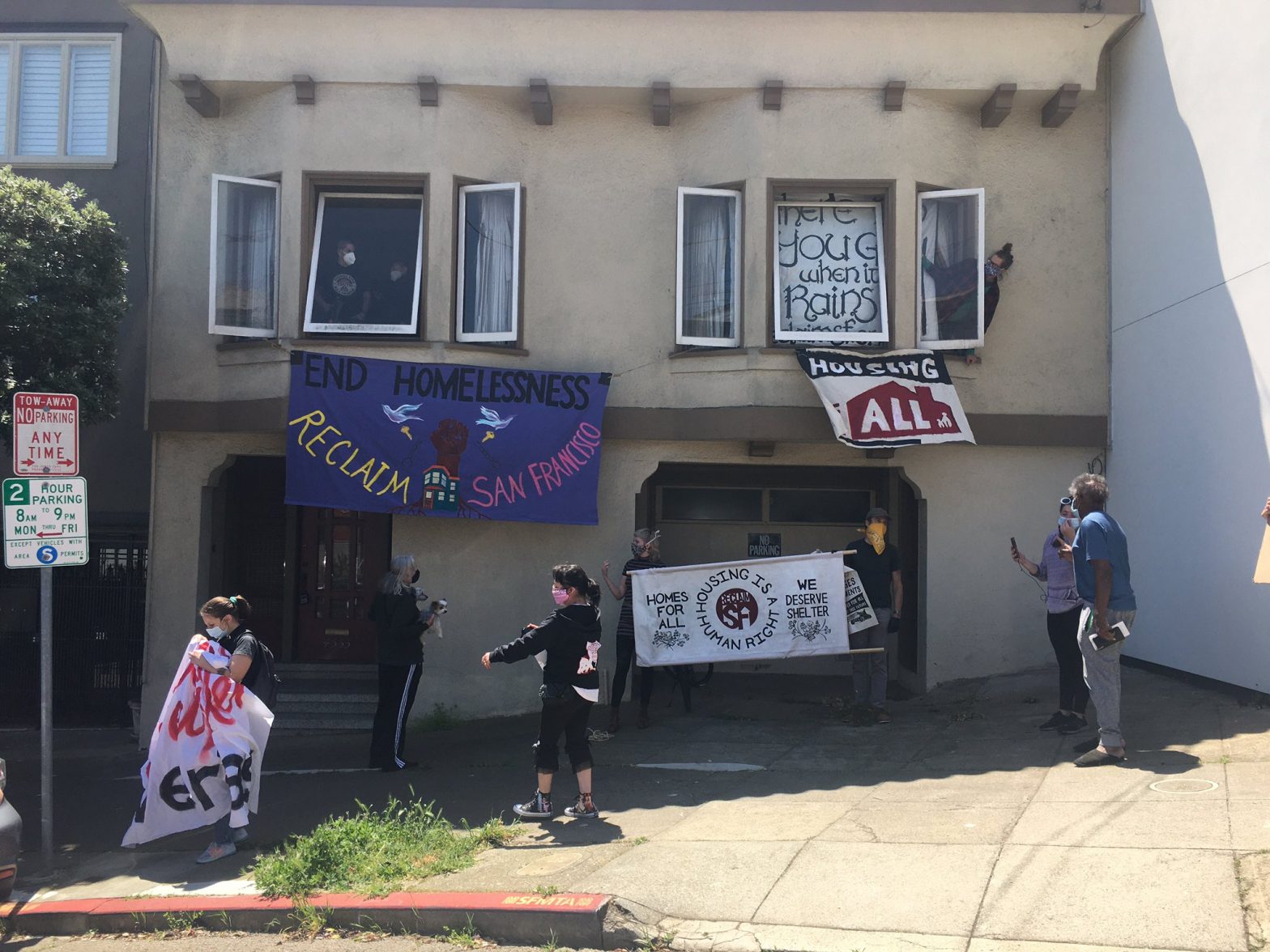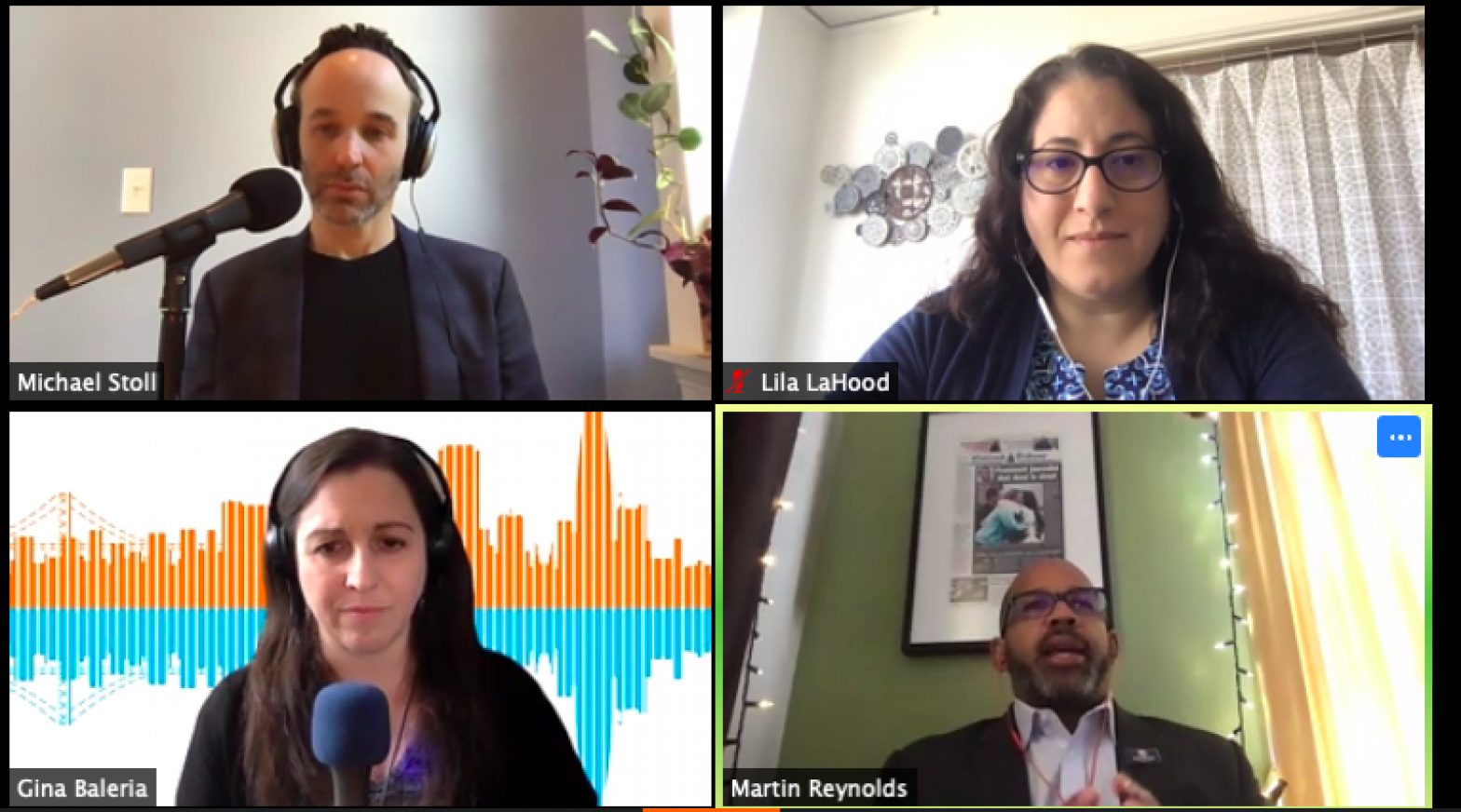The Public Press hosted a discussion April 30 exploring news media challenges facing community journalism before and during the crisis and how the future will require more diverse and sustainable business models that don’t rely exclusively on advertising. Our panelist were:
Martin Reynolds, co-executive director of the Maynard Institute
Michael Stoll, executive director, San Francisco Public Press
The discussion was moderated by Gina Baleria, assistant professor of communications & media studies at Sonoma State University, and host of the new podcast “News in Context,” that explores media bias and how information is delivered and consumed. It airs on KSFP 102.5 FM Fridays at 8:30 a.m. and 6:30 p.m.
Watch a full recording of the conversation.
